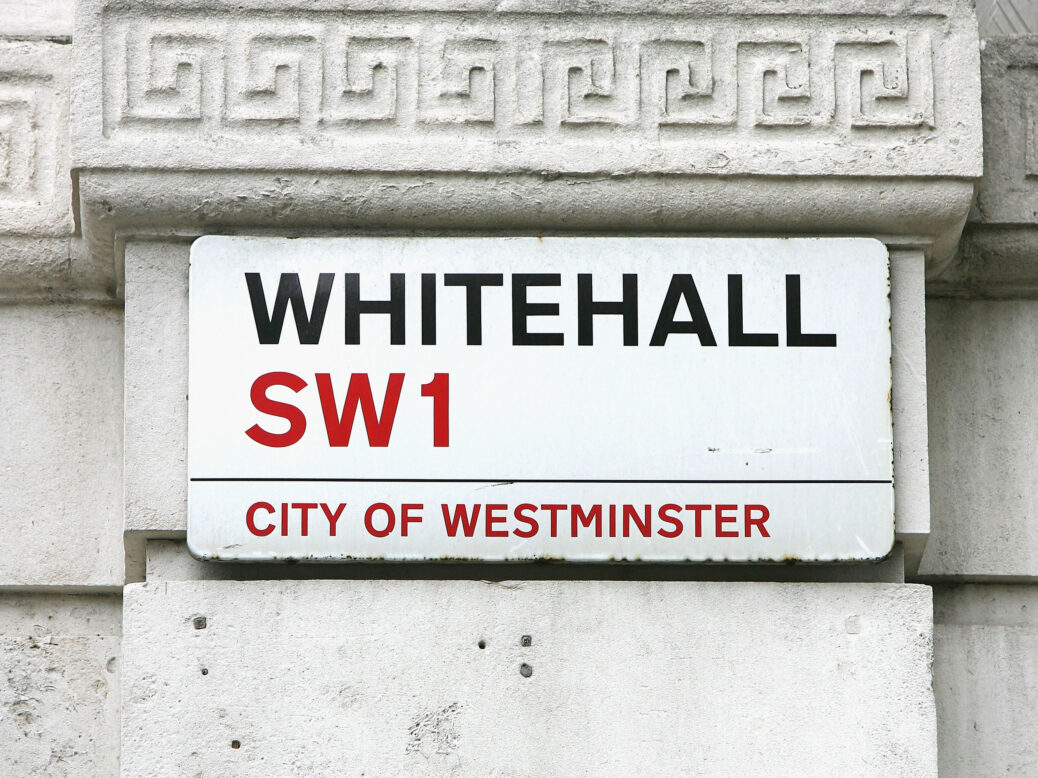
Boris Johnson’s decision to suspend the civil service fast-stream is pure vandalism, from a desperate man thrashing around without thought or reason. The flagship programme is the most popular recruitment scheme in the country, with 60,000 applicants last year and involves fast-tracking graduates through a number of roles across government departments. It attracts some of the most talented young people into public service and includes a much sought-after apprentice route for those who haven’t been to university. The only winners from this proposal are McKinsey, KPMG and the other big graduate recruiters.
Why is the government ditching the scheme? Because it has foolishly committed to reduce the civil service by 91,000 – an entirely arbitrary number – and this is an easy, and incredibly lazy, way to contribute to that total. Any well-run organisation that needs to make a significant headcount reduction would start by making strategic decisions about activities that could be reduced, then focus on retaining the best talent. But Johnson and Jacob Rees-Mogg, the Minister for Brexit Opportunities and Government Efficiency, are going about things in the worst possible way: set an arbitrary target, freeze recruitment across the board – regardless of priorities – and hand juicy redundancy packages to many of their best people.
There’s not even a political win here. It’s not like wavering Tory voters in Wakefield are worrying about how many environment department officials there are. But without any coherent political or economic strategy, all that’s left to the government are opportunities for minor ideological sabotage: disrupt the civil service; destroy a few cultural institutions; mess with the Electoral Commission; have a fight with the judiciary and so on.
The only political signal that scrapping the fast-stream sends is to remind young people of the total contempt their government has for them. As if allowing interest rates on their student loans to increase by up to 12 per cent, putting up National Insurance, doing absolutely nothing to resolve the housing crisis, and constantly signalling hostility towards their liberal values wasn’t enough – they are now also losing the chance to apply to the most prized recruitment programme in the country.
It’s often assumed that young people naturally shift Tory as they get older, but the political affiliations people form early on tend to mould their future beliefs. Margaret Thatcher won the youngest group of voters when she was prime minister. The current lot barely poll in double figures.
None of which is to say that the civil service is a perfect organisation that has no need of reform. There are plenty of problems with its over-reliance on generalists who are moved around before they can build deep knowledge of any policy area. But the root of the problem is not the people being recruited, but the total lack of interest this government has in good policy-making. You can have as many brilliant, hard-working, data-driven analysts as you like – but if most ministers aren’t interested in engaging with evidence or even thinking about the genuine problems the country faces, then there’s not much they can do. At the moment their only function appears to be as convenient scapegoats for the government’s incompetence and venality.
[See also: Boris Johnson has proved once again that he has no shame]






